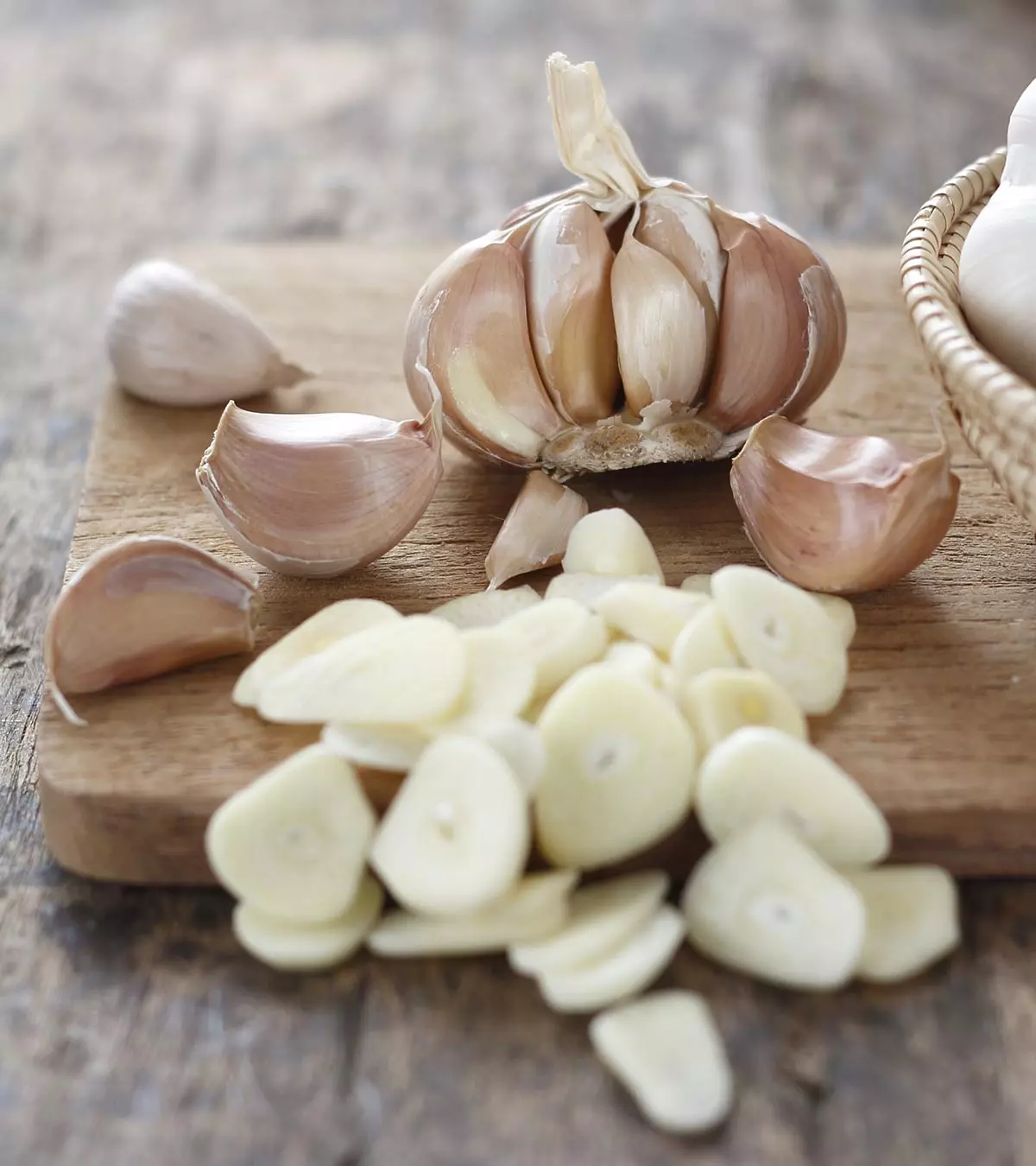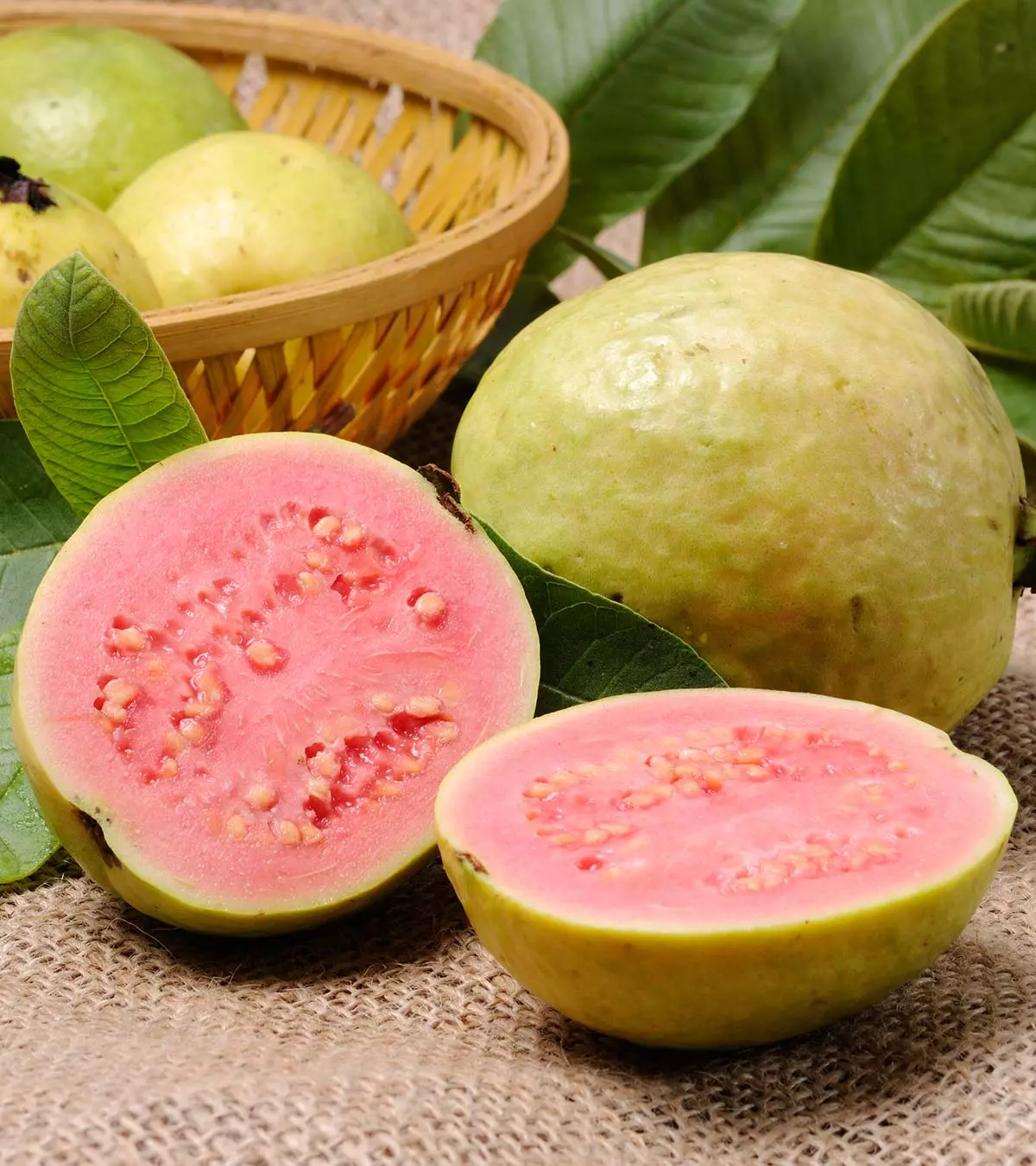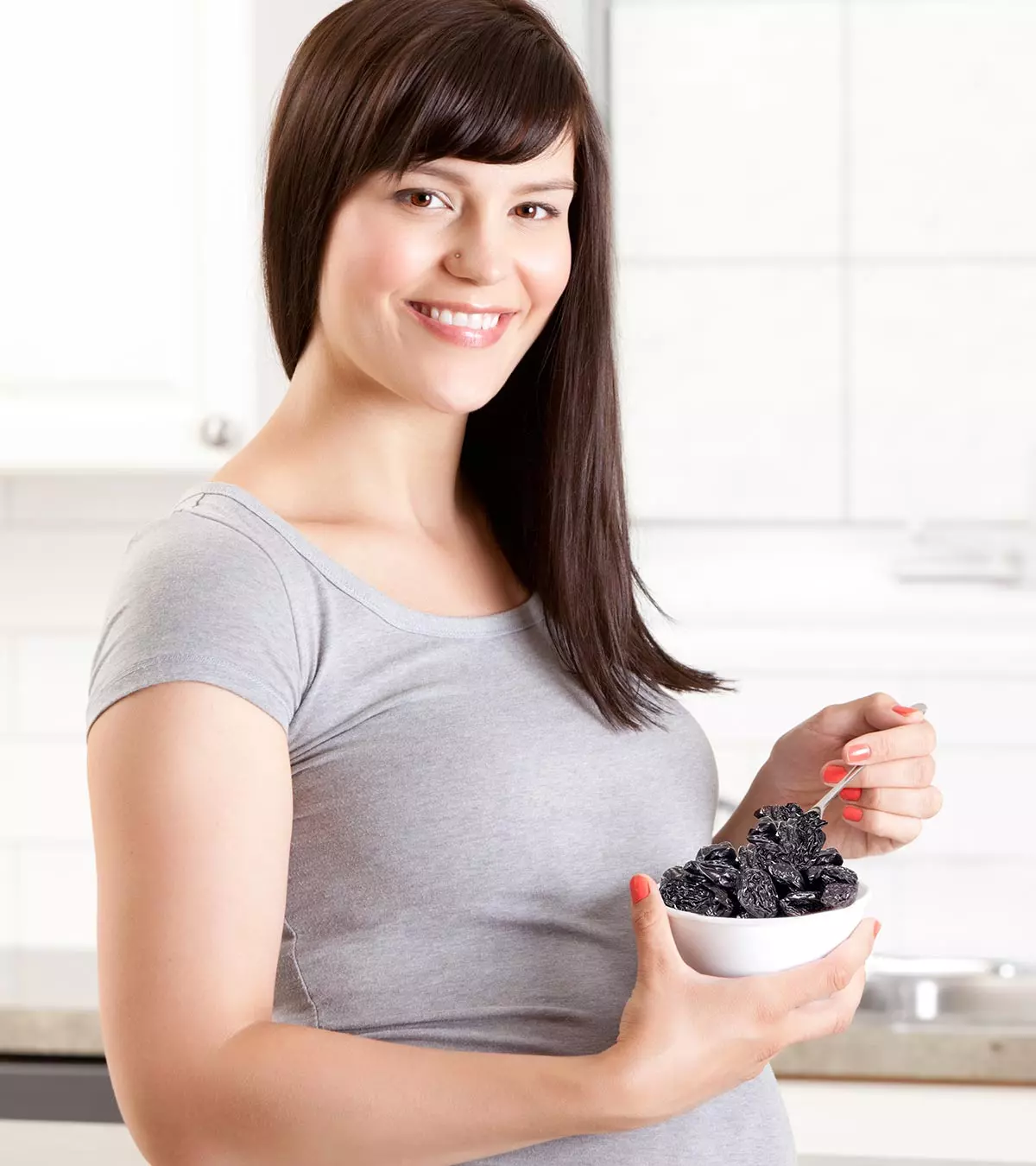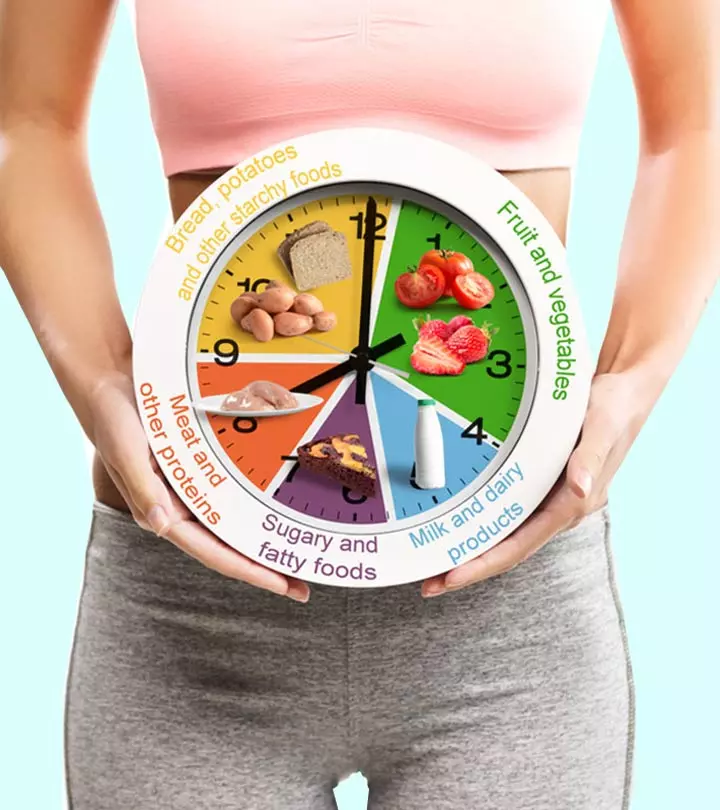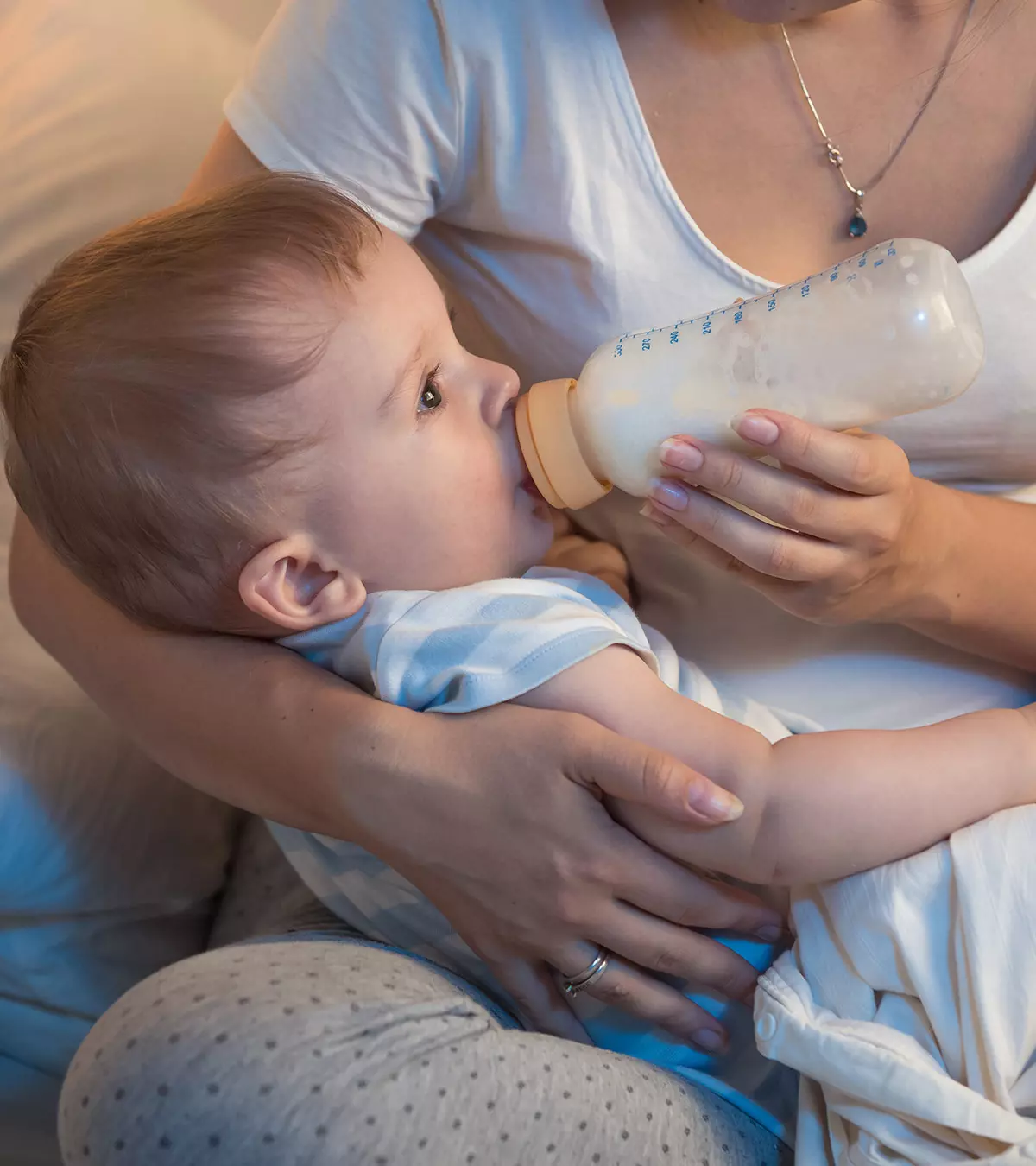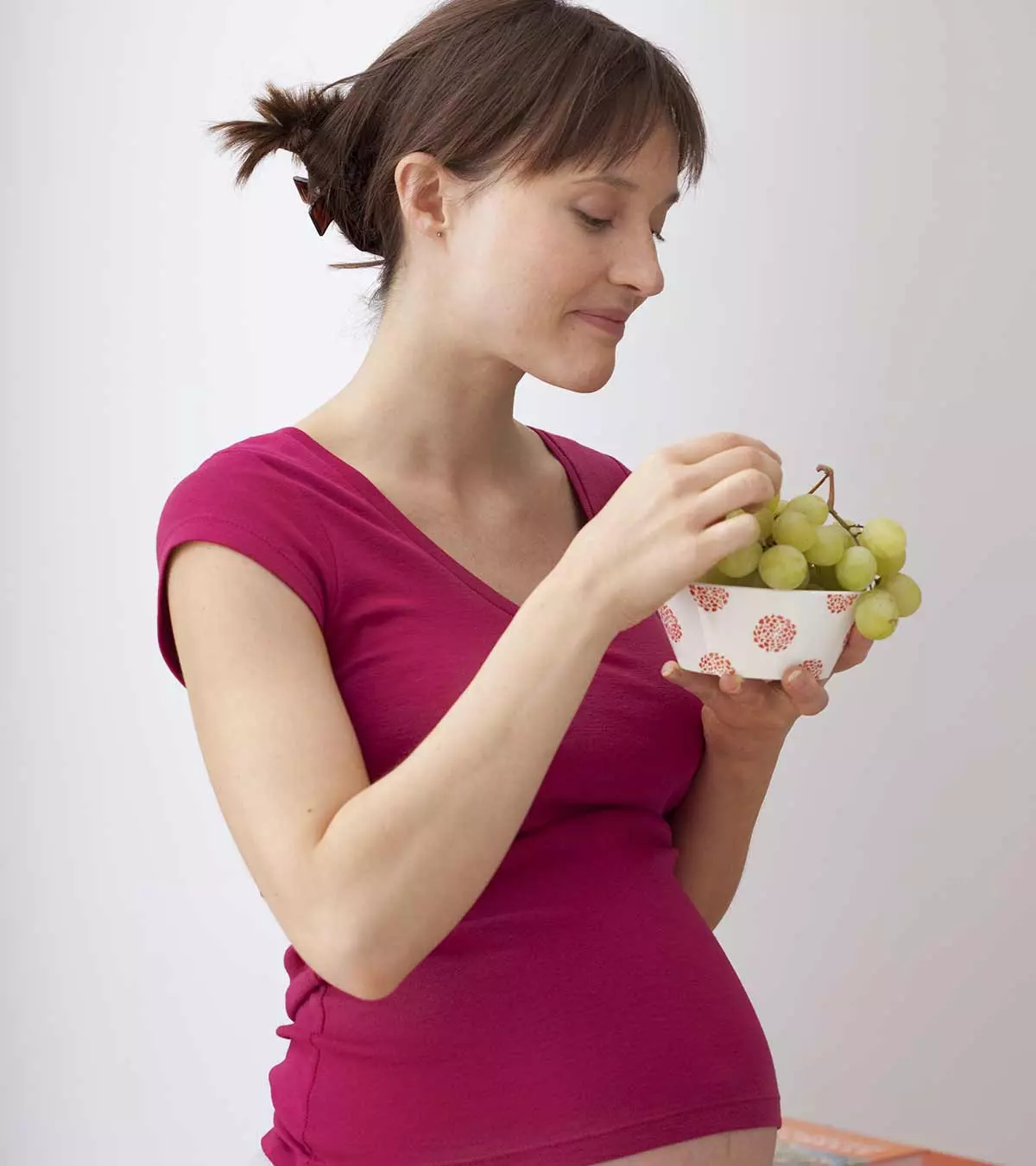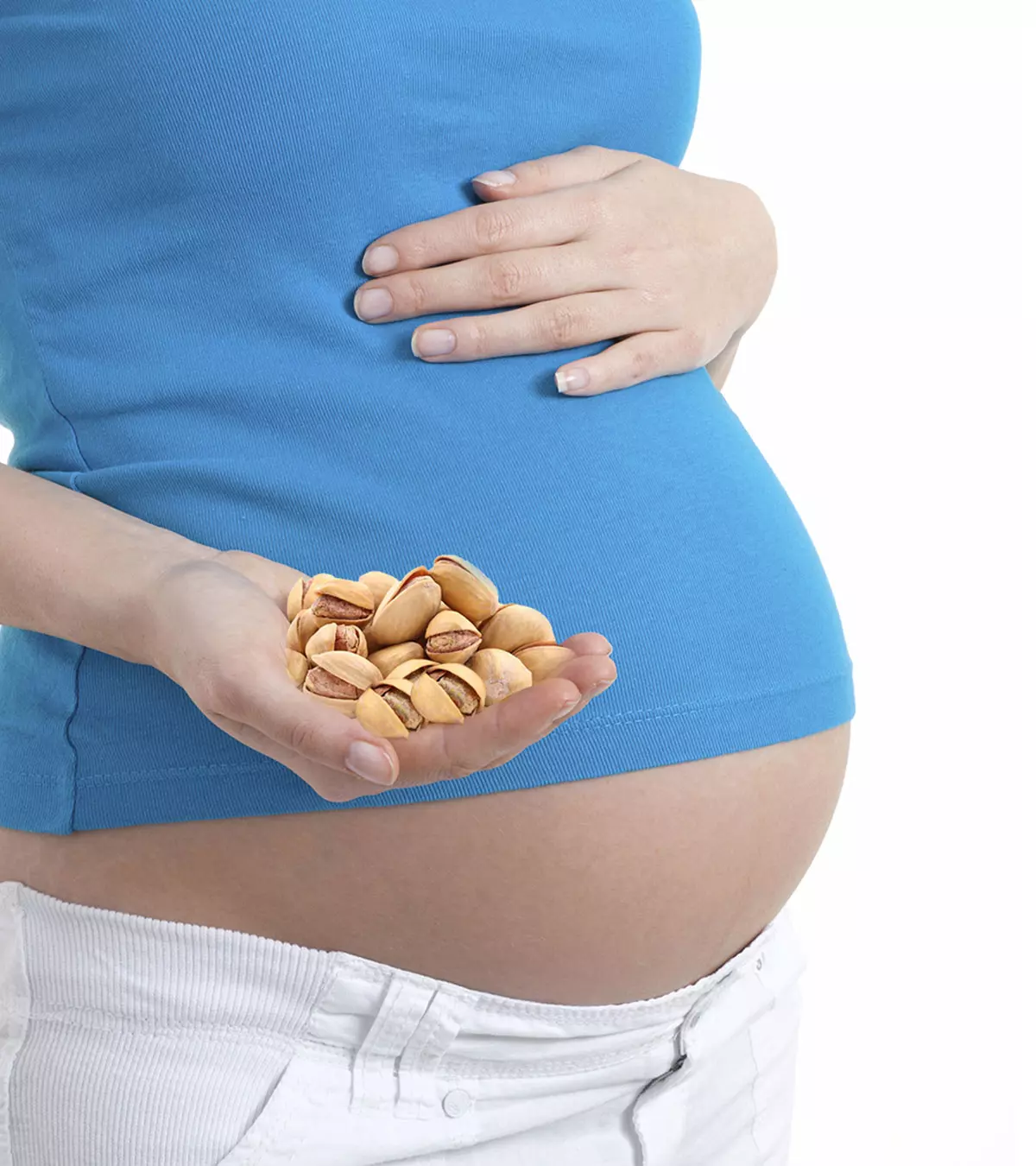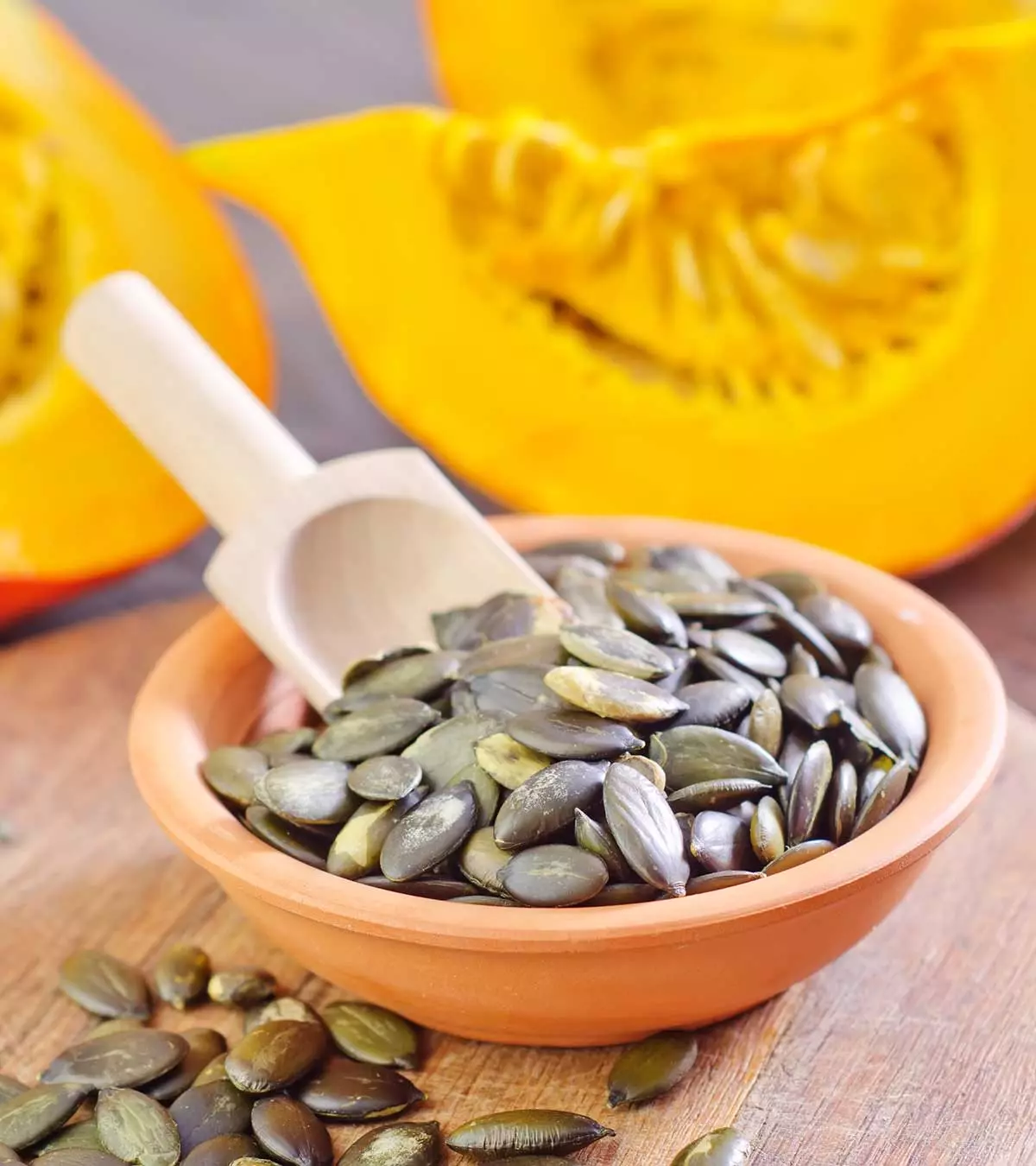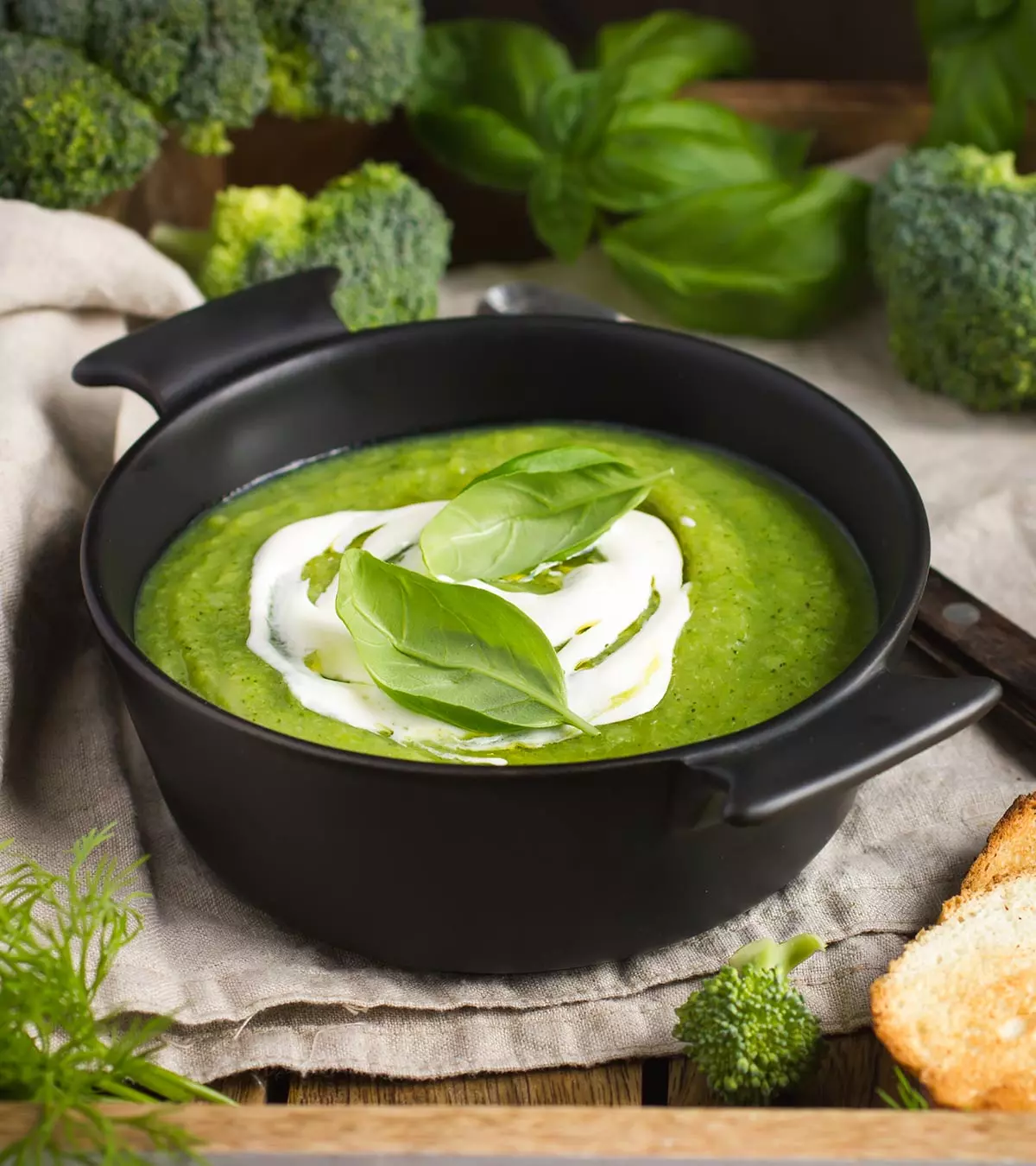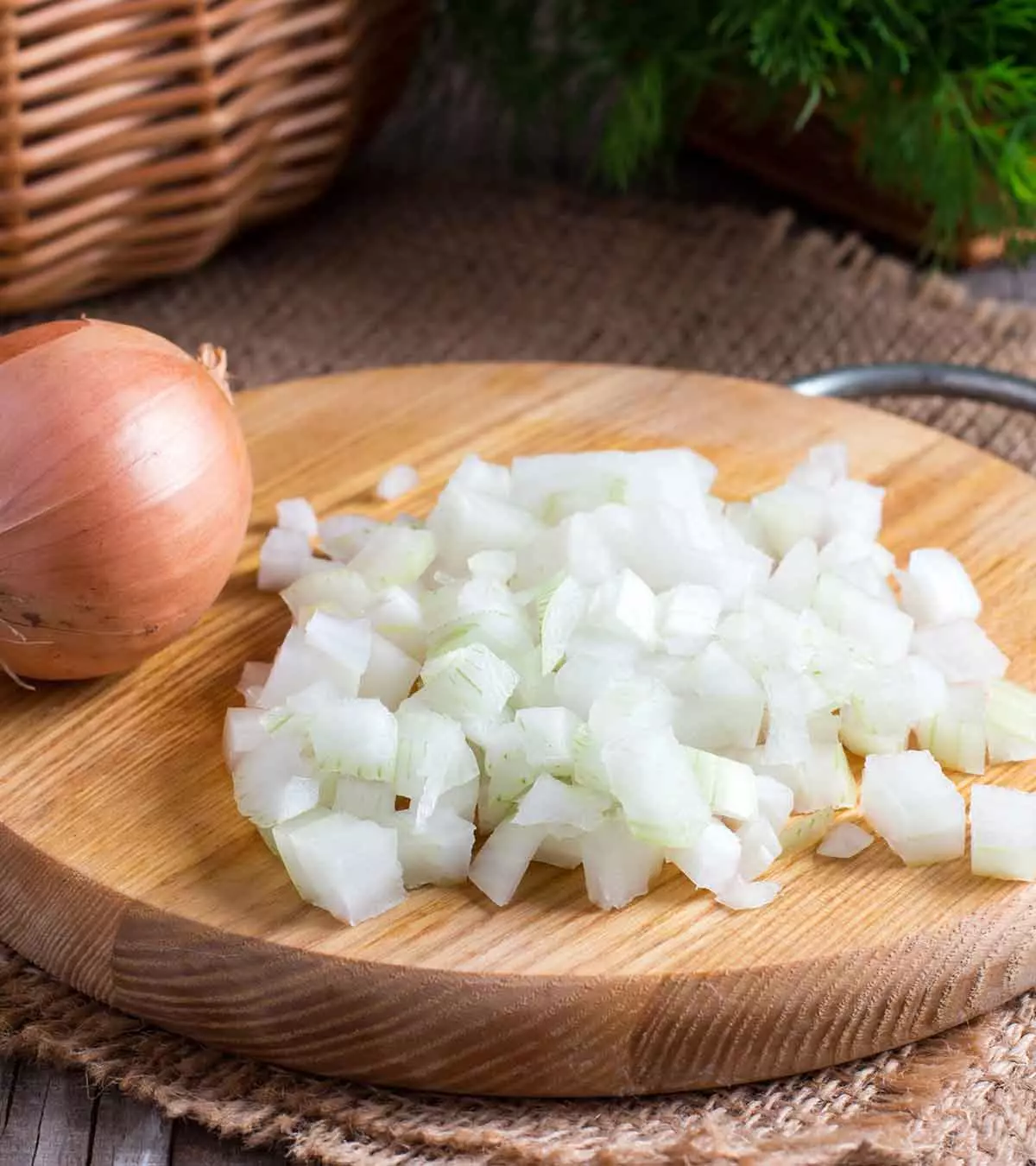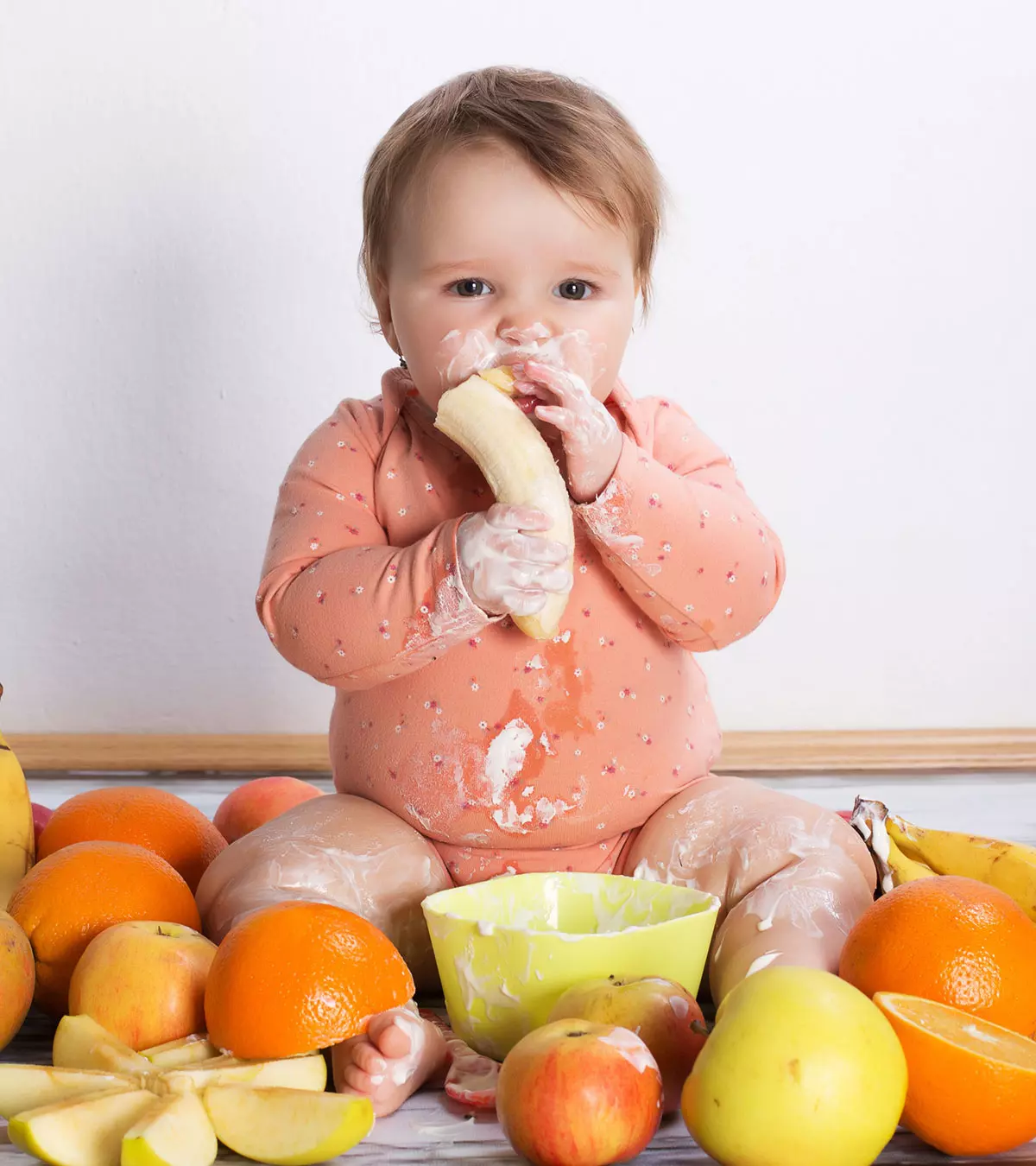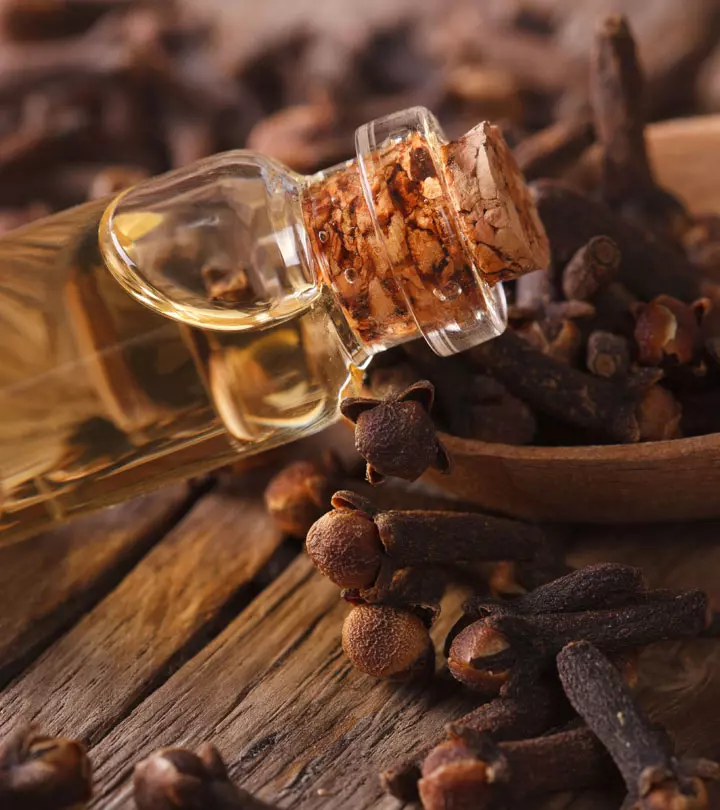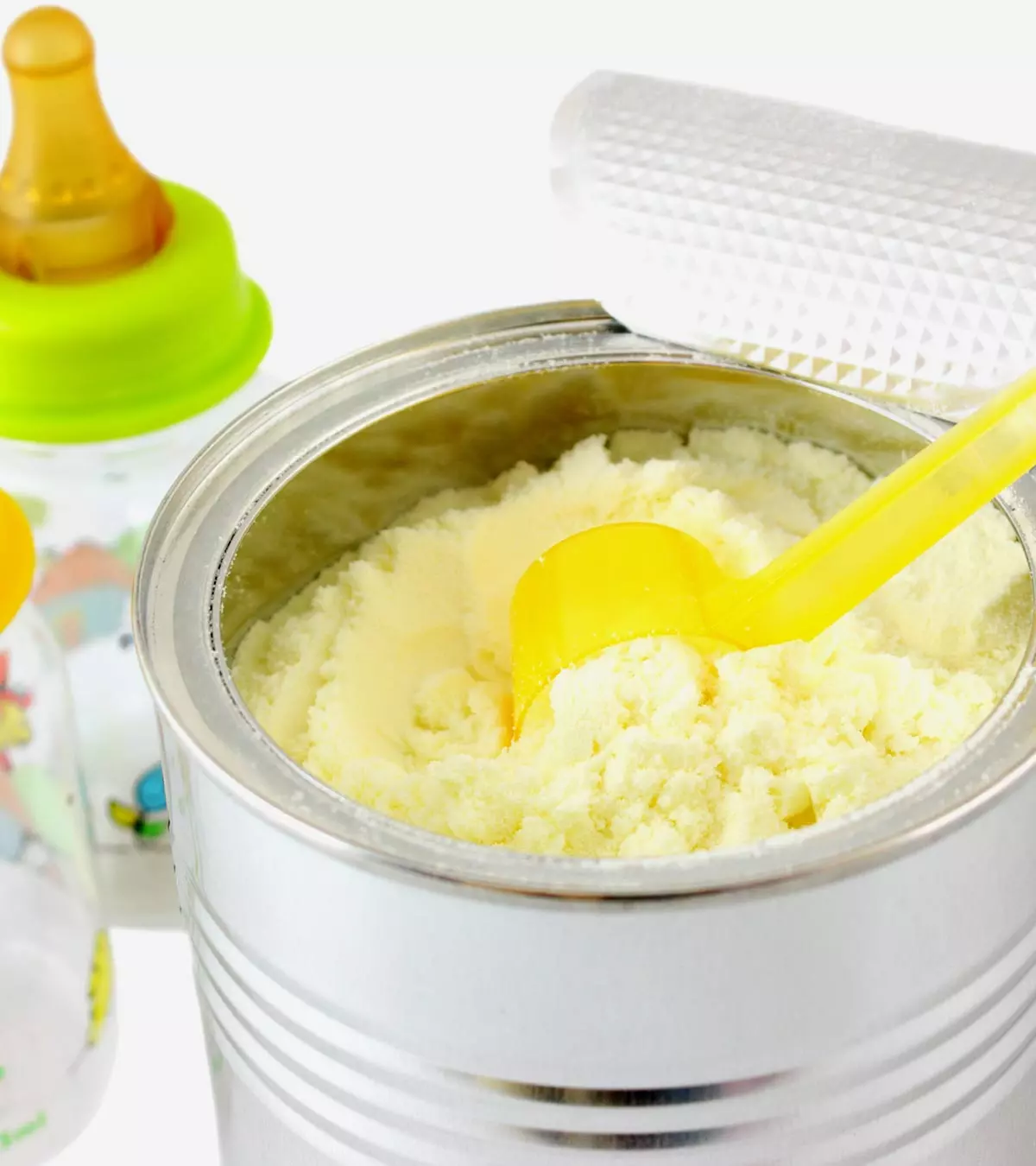
Image: Shutterstock
For many newborn babies, breast milk is the sole source of nutrition. However, formula milk serves as a useful alternative when breastfeeding is not an option or requires supplementation. One common notion that has been around since time immemorial is that breast milk is the best and only source of nutrition for babies. But that is not the case. Formula milk also imparts a fair share of benefits to the baby. For example, it is convenient to prepare the formula for the baby, and it also gives the mother some much-needed time to relax. Another important benefit of formula feeding is that both parents can take turns feeding the baby. So how do you store the formula? Read on for some tips on storing the formula for longer periods.
Key Pointers
- Choose high-quality and reliable containers and washing products for formula milk cleaning and storage.
- Follow instructions on the packet when preparing formula milk, mix with lukewarm boiled water after cleaning hands and space.
- Sterilize bottles every use, maintaining hygiene is critical.
- Prepared formula can be stored in the fridge for 24 hours, store within an hour, and discard after 24 hours.
- Check stored formula before feeding, discard if at room temperature for more than an hour. Don’t store leftover formula.
6 Useful Tips On How To Store Formula Milk Safely?
Below are a few pointers you should keep in mind while preparing the baby formula:
1. Selecting the right equipment
While shopping for the baby bottles and storing equipment like vessels, make sure you choose the leading brands in the market.
- The bottles should be in good condition. Look for any external damage or tampering before buying them.
- The vessels and containers should be reliable and microwave friendly. Pick the ones that come with lids.
- The bottles and the containers have to be washed and cleaned every time they are used. Select good washing products that will help you in effective cleaning.

2. Sterilizing the bottles
You may be a hands-on mommy or a busy working woman, but you will have to invest a little time while sterilizing the baby bottles before the feeding process.
- Take a large vessel and boil water in it.
- Once the water starts boiling, put all the baby bottles in the rolling boil for at least five minutes.
- You can also choose countertop- and microwave-friendly sterilizers available in the market.
- After sterilizing, wash the bottles and nipples in warm soapy water (1).
3. Preparing the formula milk
If you are wondering how much formula does your baby need, the pack contains specific instructions about the quantity to be taken per feed. You have to follow the same with care.
- Mix the formula powder with water (boiled and cooled prior) as stated on the pack.
- Make sure that water is not very cool while preparing the feed as it will not mix with the powder effectively.
- Close the bottle and shake it well enough so that the hypoallergenic formula mixes properly.
- When bottle-feeding, ensure that the formula is prepared with adequate thickness. It should not be too thick or too runny.
- Check the temperature of the formula milk before feeding your baby. Make sure that the hypoallergenic milk is not very hot or very cold. A warm feed is just perfect for your infant.
- Test the heat by pouring few drops on your elbow
 Quick tip
Quick tip
4. Cleanliness of baby bottles
If your baby is constantly on a formula feed, bottle hygiene is of crucial importance.
- Ensure that you use clean and sterile baby bottles every possible time (2).
- Washing the bottles thoroughly after every feed is very important.
- Throw away any old bottles that have been well used up. Replace them with new ones.
Tips On How To Store Formula Milk In The Fridge
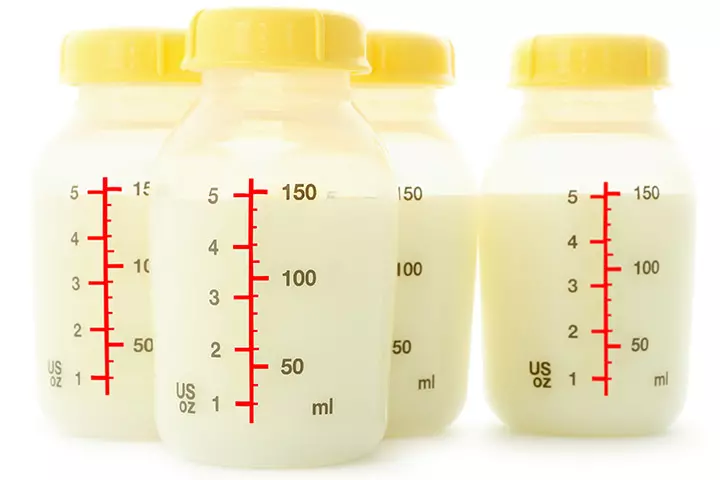
It is ideally stated that you should not store the liquid formula feed for more than 15 minutes during normal conditions. However, if there is an inevitable situation where you have to store the feed, keep the following pointers in mind:
- The formula feed is packed with nutrients and vitamins and should be stored in the refrigerator within one hour.
- Throw away the formula milk left by your baby in the bottle.
 Point to consider
Point to consider- Dispose any formula milk that has been sitting under the room temperature for an hour or so (3).
- Formula feed can be prepared well in advance and stored in the refrigerator for about 24 hours (2).
- Throw away any formula feed that crosses the 24 hour timeline even in the fridge.
- Make sure that you check the formula before feeding your baby within the 24 hour span for any bacterial build up. An ideally refrigerated feed should be safe enough.
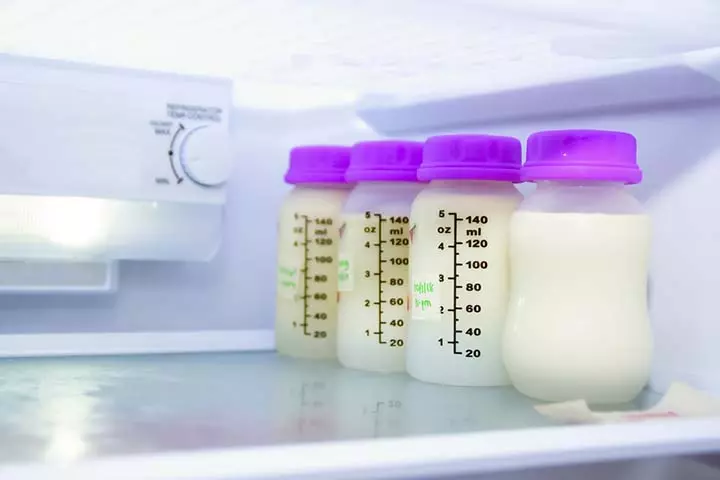
Frequently Asked Questions
1. Is formula milk good for babies?
Formula milk is a good breast milk substitute for babies. It is generally made from cow’s milk or non-dairy milk and contains the necessary vitamins, minerals, and fats required for a baby’s healthy growth and development. It is often enriched with additional vitamins and minerals to address the specific dietary needs of infants (4).
2. Is formula better than regular milk?
For infants, formula is a good alternative for cow’s milk since they can digest it better. Cow’s milk is more difficult to digest for an infant’s premature digestive system, while some children have milk protein allergy. Also, it is deficient in several essential nutrients babies require for development (5). It is also helpful for children dealing with lactose intolerance.
3. Do formula-fed babies have health problems?
Formula-fed babies may be more susceptible to health problems since formula lacks several antibodies found in breast milk. The antibodies in breast milk help build immunity and protect infants from various diseases (4).
4. What are the disadvantages of formula feeding?
As mentioned earlier, formula lacks antibodies to protect infants against infections and diseases (4). Formula may also cause digestive issues in some infants since it is not as easily digestible as breast milk. Further, since water is required to prepare formula, if the best water for baby formula is not used, its safety may have to be compromised.
Formula milk for your baby is one of the best nutritional supplements. You can safely store pre-mixed formula milk in the refrigerator for around 24 hours. However, throw away any formula stored for longer. Before buying a bottle to store formula milk, look into its quality and ease of cleaning. Also, ensure you sterilize the bottle properly before feeding your baby since bottle hygiene is vital to ensure your baby’s safety. Don’t hesitate to consult your doctor if you have any queries regarding storing formula milk.
Infographic: How To Prepare Formula Milk For The Baby?
While breast milk is the sole source of babies’ nutrition until six months of age, various maternal and infant factors may require you to give formula milk. However, ensuring safe preparation is essential to avoid any condition in the baby due to contamination or improper preparation methods. The following infographic contains step-by-step instructions to prepare infant formula milk.

Illustration: Momjunction Design Team
Illustration: Helpful Tips For Storing Formula Milk For Your Baby

Image: Stable Diffusion/MomJunction Design Team
Learn how to make and store formula for your baby! Get tips on the best ingredients, techniques, and storage methods for infant formula to ensure your baby’s safety.
References
- How to sterilize and warm baby bottles safely.
https://www.healthychildren.org/English/ages-stages/baby/formula-feeding/Pages/How-to-Sterilize-and-Warm-Baby-Bottles-Safely.aspx - Safe food for babies: Handling breast milk, formula and baby food.
https://www.ndsu.edu/agriculture/extension/publications/safe-food-babies-handling-breast-milk-formula-and-baby-food - Food safety tips for infant feeding.
https://anrcatalog.ucanr.edu/pdf/8662.pdf - Feeding your baby with formula.
https://www.pregnancybirthbaby.org.au/feeding-your-baby-with-formula - Why Do Infants Need Baby Formula Instead of Cow’s Milk?
https://www.healthychildren.org/English/ages-stages/baby/formula-feeding/Pages/Why-Formula-Instead-of-Cows-Milk.aspx - Infant Formula Preparation and Storage.
https://www.cdc.gov/infant-toddler-nutrition/formula-feeding/preparation-and-storage.html?CDC_AAref_Val=https://www.cdc.gov/nutrition/infantandtoddlernutrition/formula-feeding/infant-formula-preparation-and-storage.html
Community Experiences
Join the conversation and become a part of our nurturing community! Share your stories, experiences, and insights to connect with fellow parents.
Read full bio of Pranjul Tandon
Read full bio of Jessica Albert
Read full bio of Swati Patwal
Read full bio of Vidya Tadapatri






